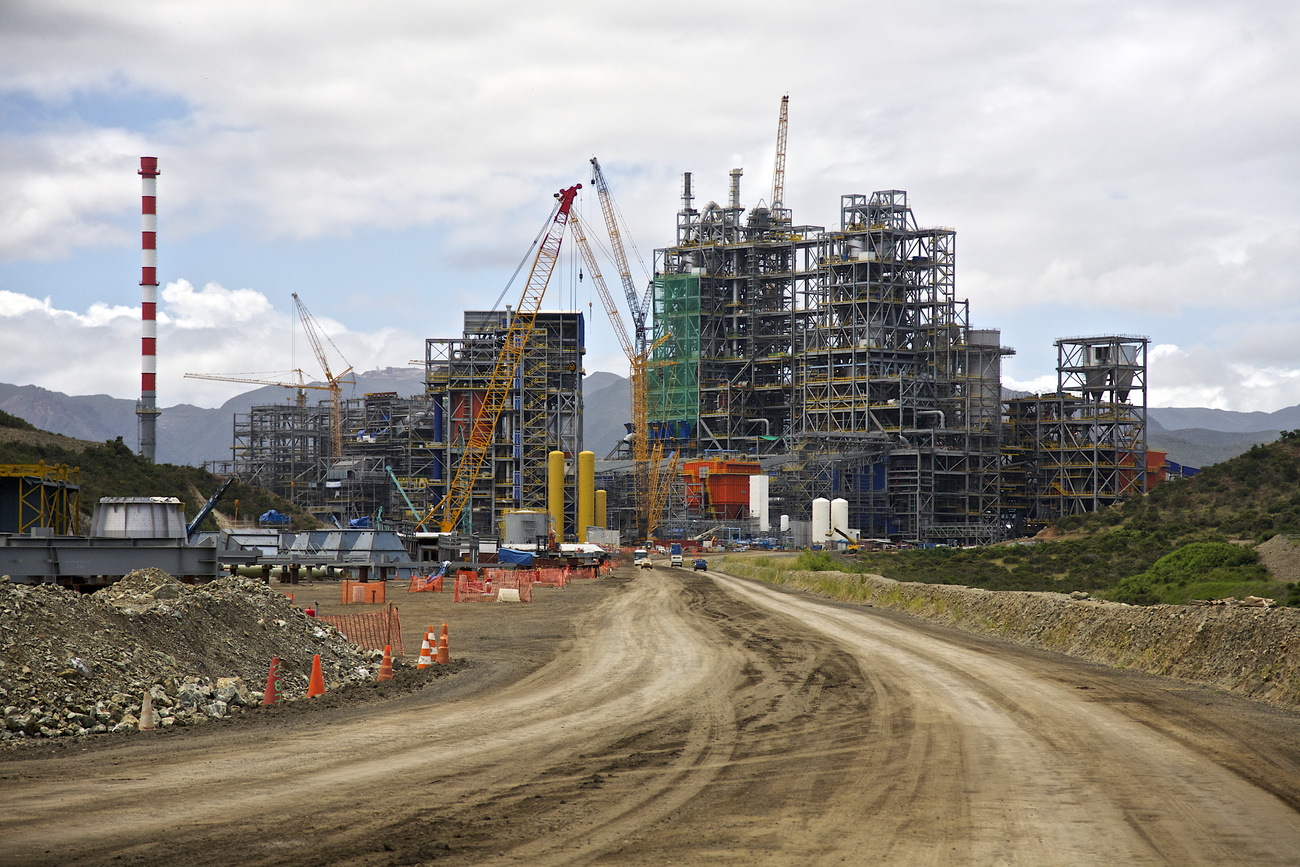
When companies can’t trust the trusted advisors
It’s been a few weeks of headlines about questionable practices by so-called trusted auditors, advisors and global institutions. Where does this leave the companies that depend on them?
The World Bank’s annual Doing Business reportExternal link isn’t exactly casual bedtime reading, but its rankings and ratings matter to global companies trying to figure out where to invest or set up a business. They’re also a reputational calling card for countries to attract foreign direct investment.
Now, it turns out that some people at the Bank were fudging the numbers in the last couple editions to make a few countries, most notably China, look good. The results of an independent investigation, that the Neue Zürcher Zeitung called a diplomatic thrillerExternal link, shows that the highest levels of the Bank were driven by ideological and financial factors that ultimately led the Bank to announce it will discontinue the report that’s been published every year since 2003.
What does this have to do with Switzerland? The Alpine nation doesn’t exactly tout its 36th place finish in the ranking. It fares even worse when it comes to indicators on how long it takes to set up a business. Whether “ease” is indeed something countries should aspire to is a separate question.
But the World Bank scandal comes amid other missteps by “trusted” partners including in Switzerland. The Financial Times reported a couple weeks ago that the Swiss branch of the global audit firm, EY, is being sued by a US hedge fund over the “clean bill of financial health” it gave Zug-based Zeromax, which collapsed in 2010 in Switzerland’s second largest bankruptcy. The FT writes that EY auditors failed to raise the alarmExternal link over multimillion-dollar jewellery purchases and approved huge payments to opaque offshore companies.
While advisors aren’t entirely to blame for countries and companies that want to game the system, they do give them a stamp of approval.
What’s your view? Send me a message: jessica.davis@swissinfo.ch
What else caught my eye?
Swiss commodity traders are slowly coming out of the shadows. As green energy firms like Tesla scrutinise their mineral supply chains, we reported that commodity traders like Glencore, Trafigura and Mercuria are under more pressure to take social and environmental issues more seriously and talk about it. This comes as the scramble for minerals like copper, cobalt and nickel takes companies to more remote regions that raise risks for biodiversity, indigenous people’s rights and labour issues. At the Swiss Green Economy Symposium a couple weeks ago, Glencore’s Anna Krutikov said that as they try to meet demand, “the risk of cutting corners is front and centre in people’s minds”.

More
Commodity giants race to clean up mineral supply chains amid green energy boom
A French court reinstated charges against LafargeHolcim over its dealings in Syria. The company is accused of paying nearly $15 million to armed groups to keep its factory running in Syria after the conflict started in 2011. The court ruled that a person or firm could be complicit by turning a blind eye to those crimes, even without actively taking part in them. Coincidentally (or perhaps not), the name Lafarge has quietly disappearedExternal link from the name “LafargeHolcim” writes LeTemps.
Talks on the renewal of the free trade agreement with China appears to be stalled. According to unnamed sources, the Neue Zürcher Zeitung reports that China is ready to renegotiate the trade dealExternal link but only on condition that Switzerland doesn’t make more demands on human rights. The Swiss government didn’t comment but has consistently said it prefers dialogue over confrontation. However, this could change under pressure from the Swiss parliament, which is pushing for human rights to be included in the trade deal.

More
How the ‘War on Terror’ exposed compliance gaps in Swiss companies
A former Glencore oil trader has cut a deal with US authorities. Last week Anthony Stimler, who pleaded guilty to bribery and money laundering in July, is cooperating with the US Justice Department investigation into the Zug-based company and former colleagues. Bloomberg reports that the deal offers a rare opportunity to see how commodity trading works and the role of intermediaries. Stimler admitted to directing intermediaries to make bribe payments to government officials in Nigeria.
Feedback or story tips? Send me a message: jessica.davis@swissinfo.ch.
Thanks for reading.

More
Why some Swiss researchers are boycotting the UN Food Systems Summit

In compliance with the JTI standards
More: SWI swissinfo.ch certified by the Journalism Trust Initiative


























You can find an overview of ongoing debates with our journalists here . Please join us!
If you want to start a conversation about a topic raised in this article or want to report factual errors, email us at english@swissinfo.ch.